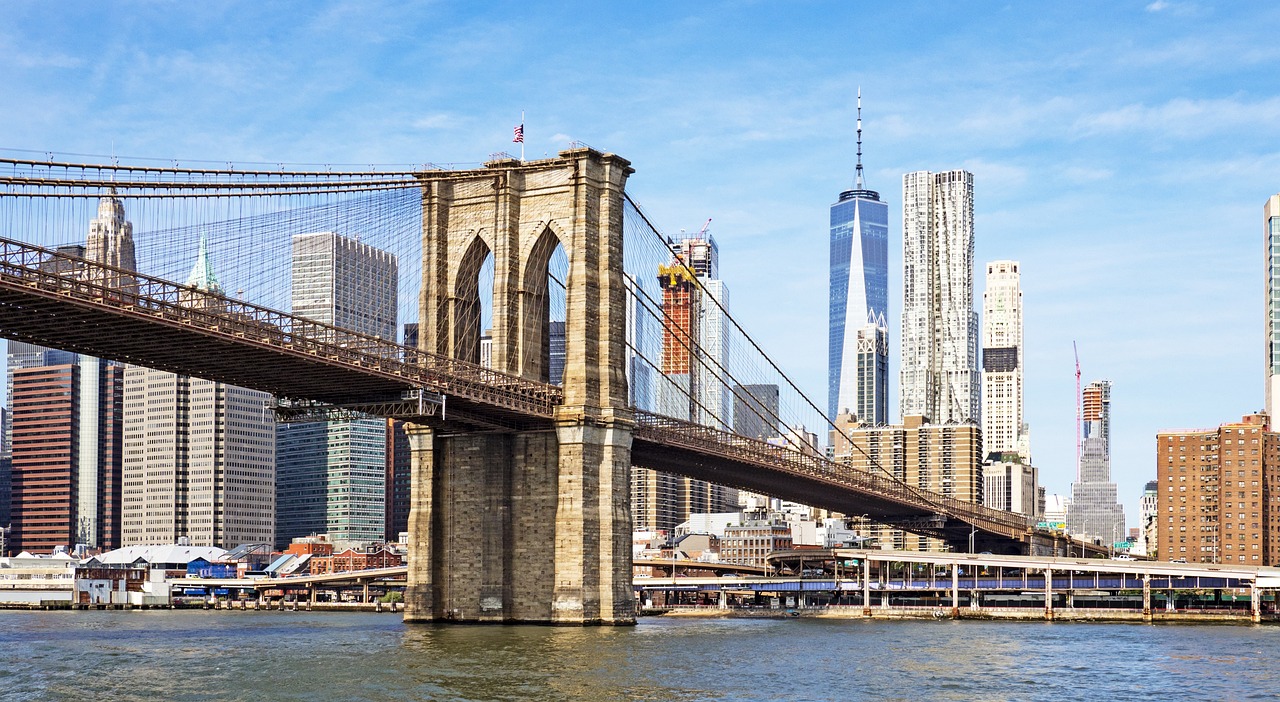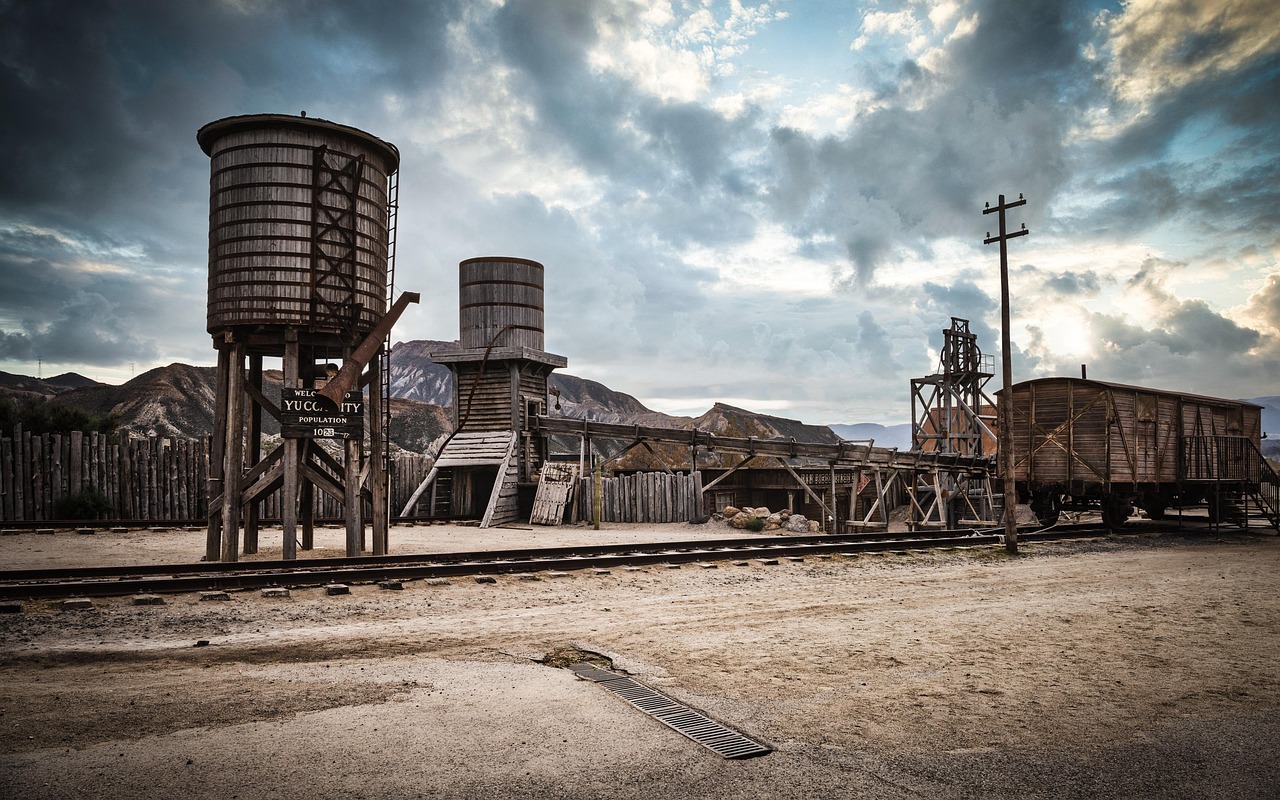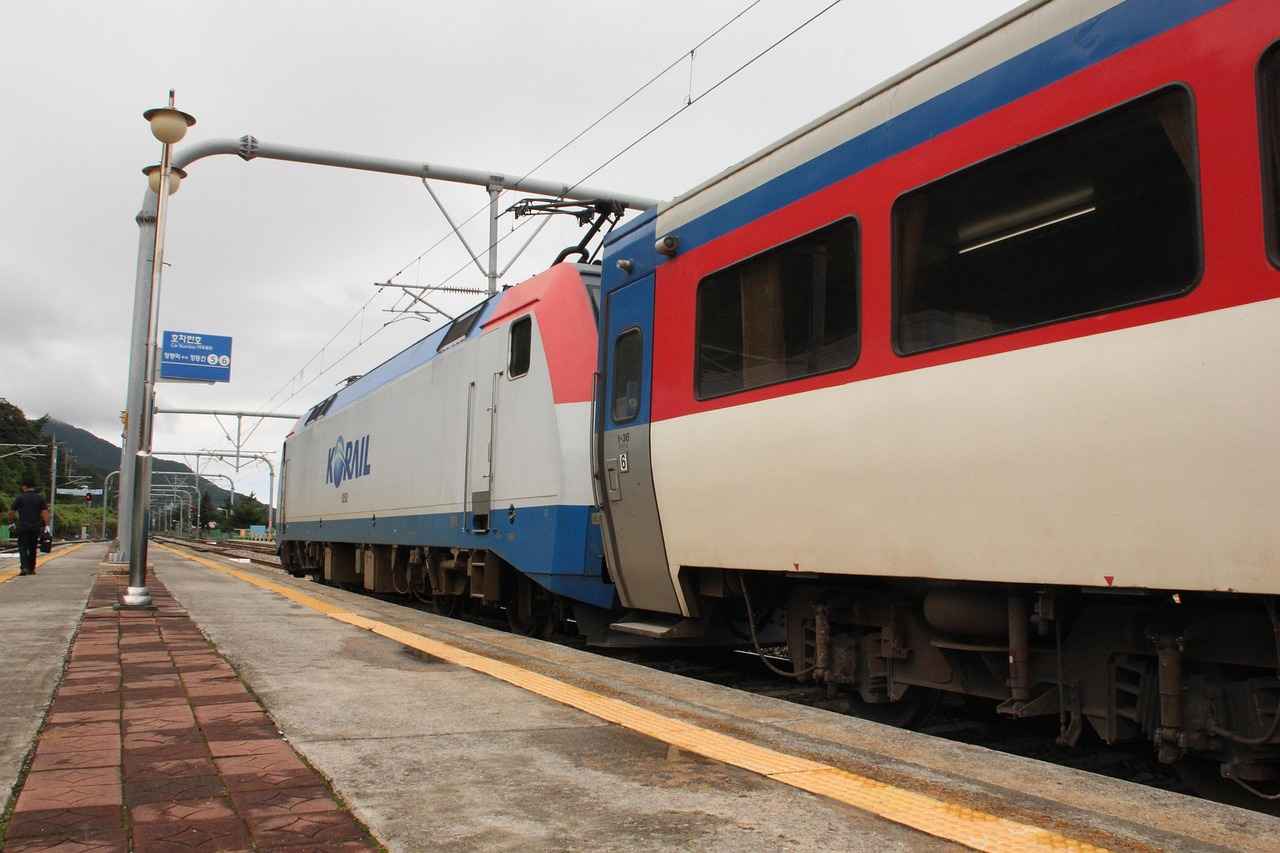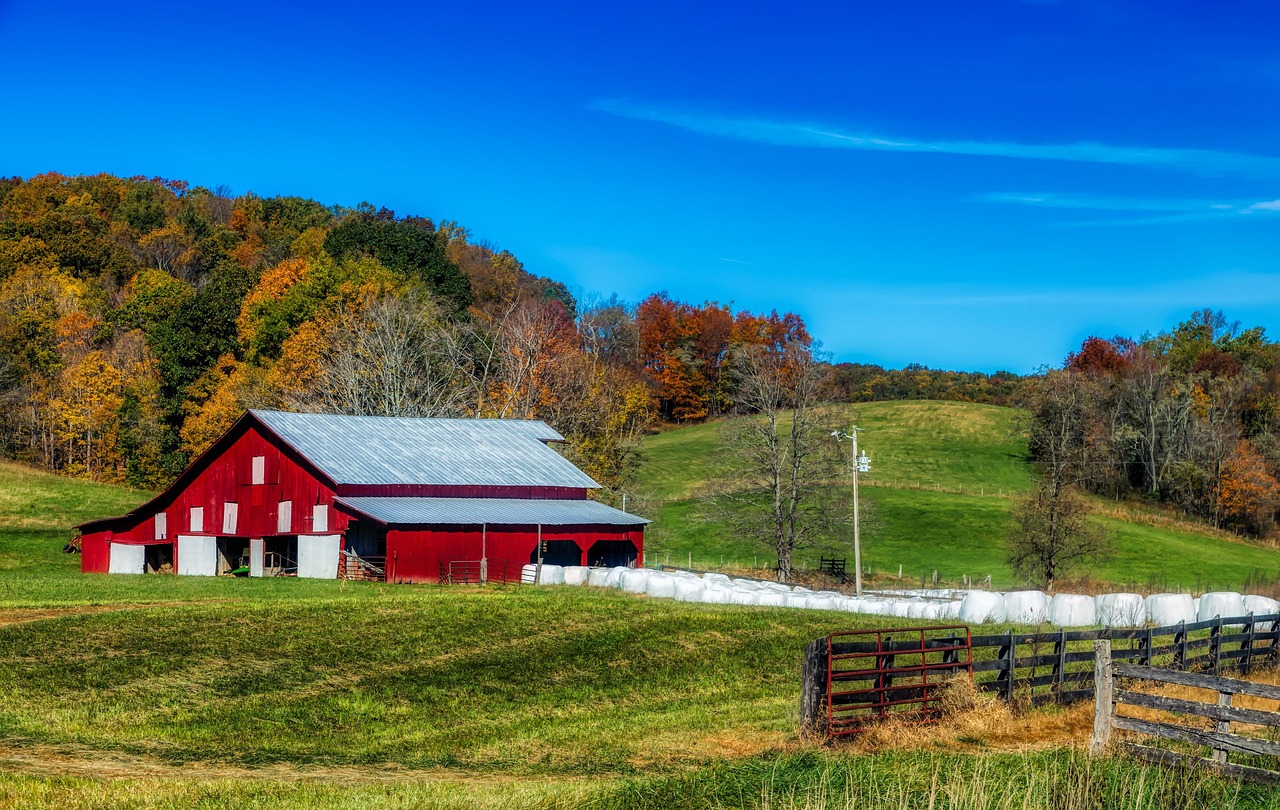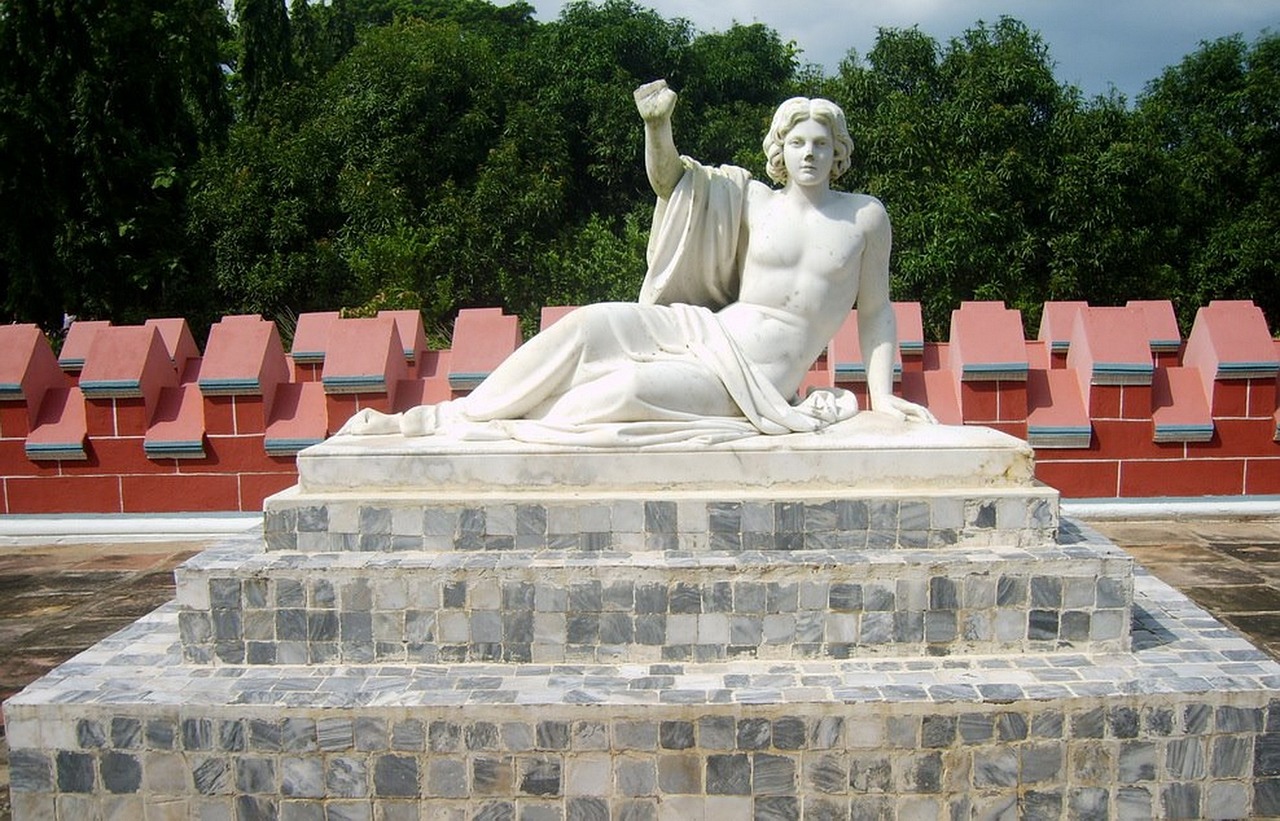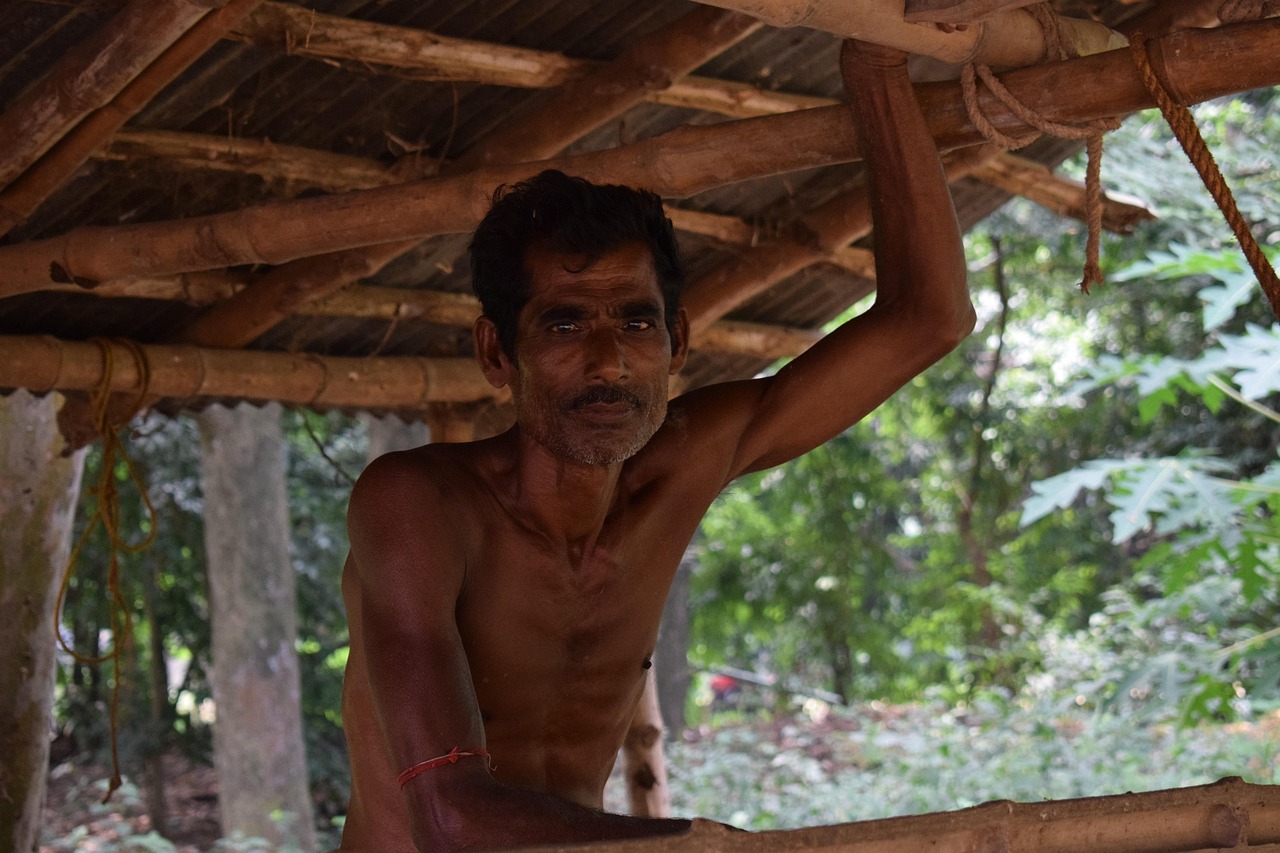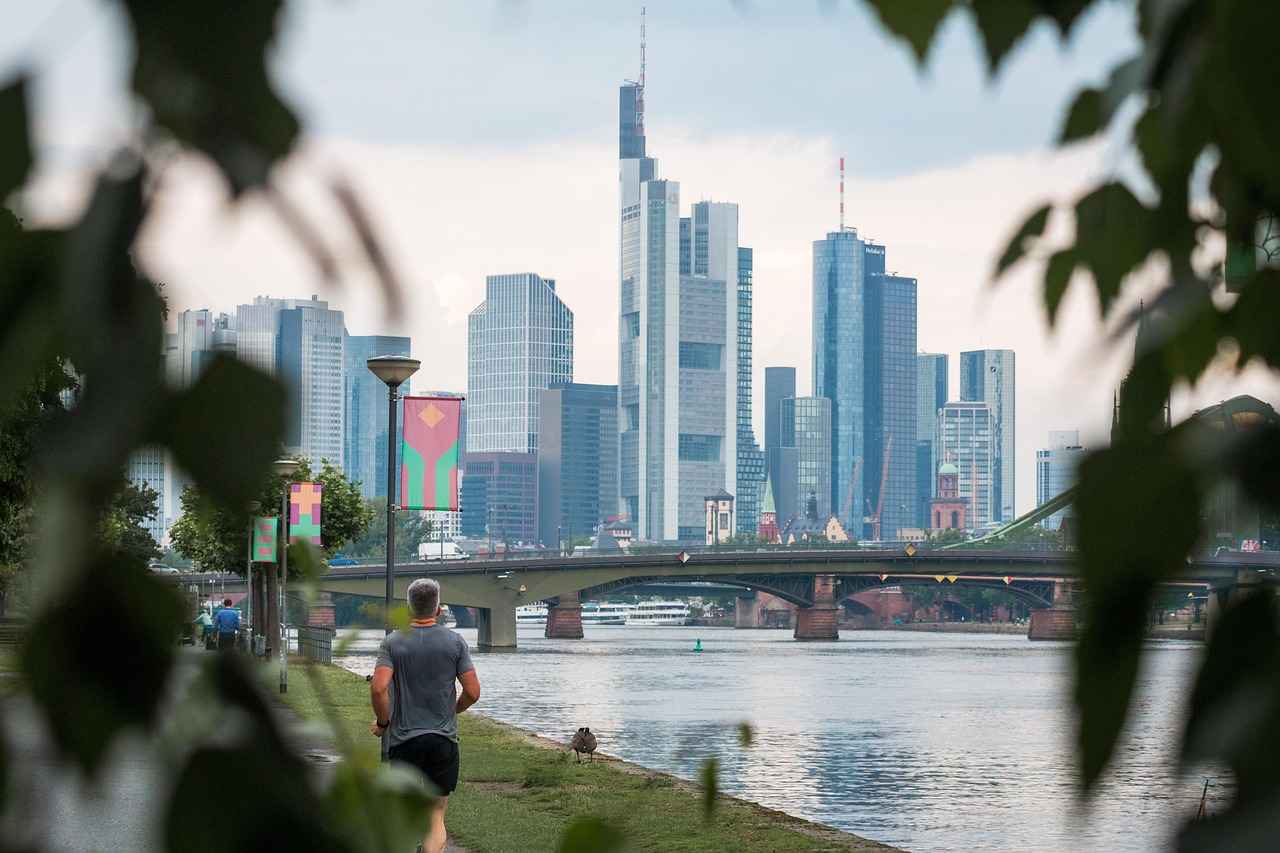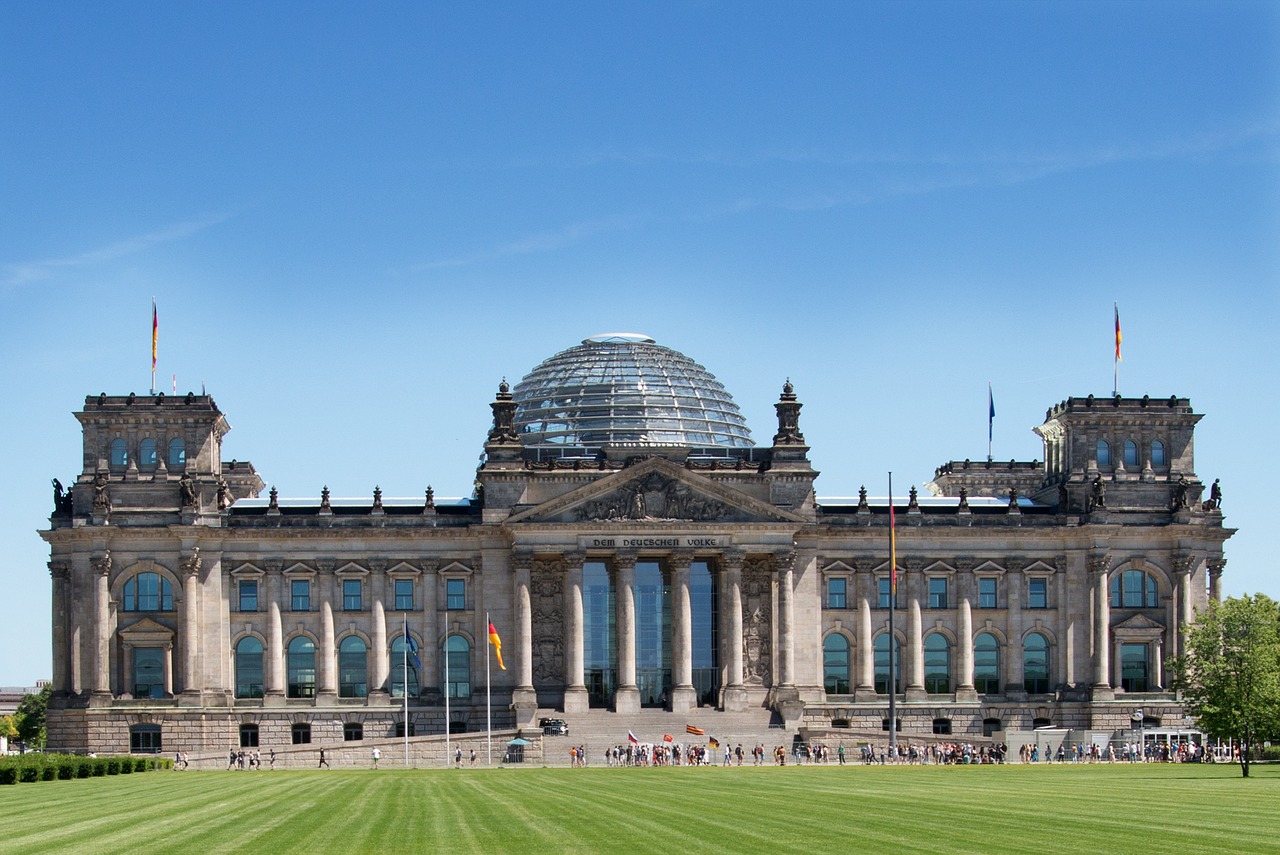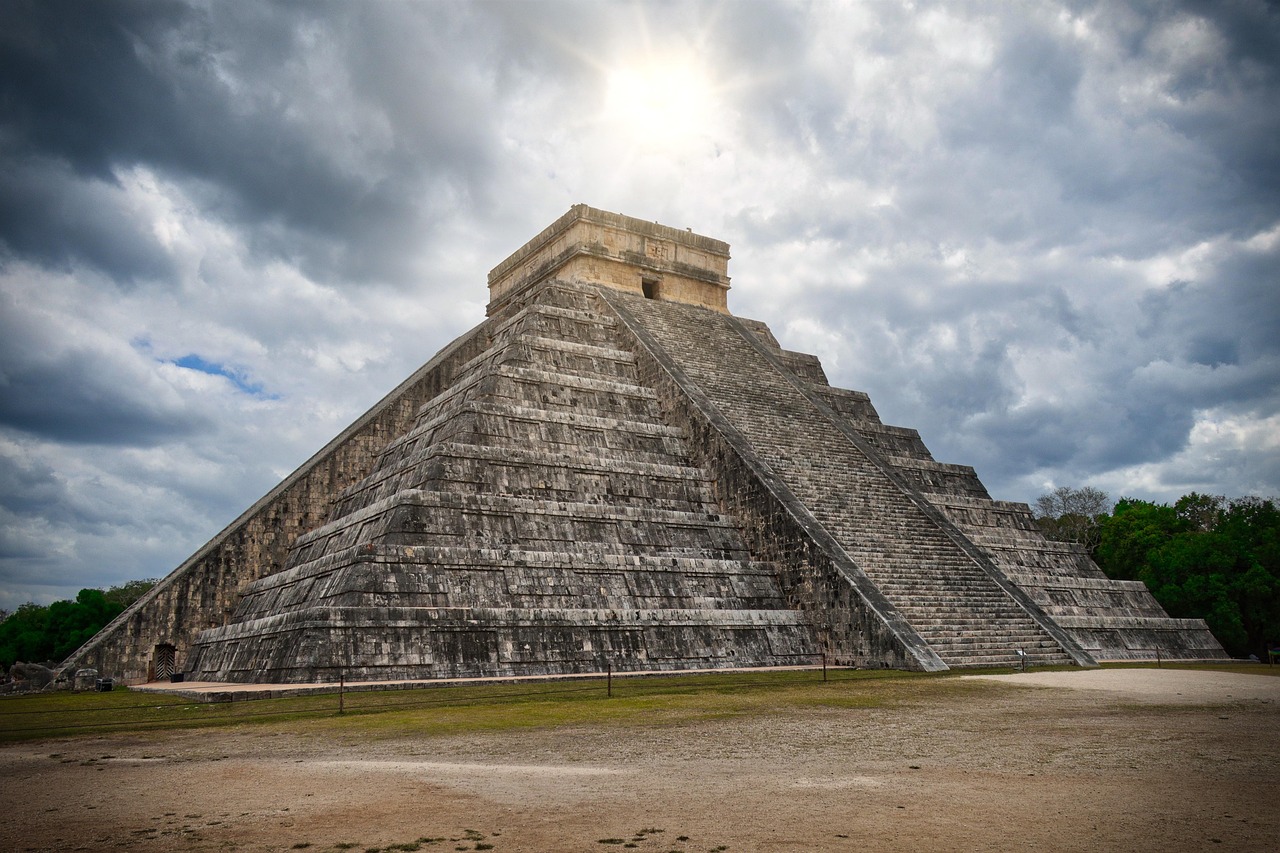This article delves into the extensive initiatives and projects undertaken by the West Bengal government to enhance infrastructure in 2024. The focus is on transportation, urban development, and public services, all aimed at fostering economic growth and improving the quality of life for residents.
Introduction to West Bengal’s Infrastructure Initiatives
In 2024, the West Bengal government has made a firm commitment to infrastructure development, recognizing its vital role in boosting economic growth, enhancing connectivity, and improving the overall living standards of its citizens.
Key Transportation Projects in 2024
The government is channeling significant investments into various transportation projects, including:
- Road Expansions
- New Bridges
- Upgraded Railway Systems
These initiatives aim to facilitate smoother movement across the state, thereby enhancing accessibility.
Road Development Initiatives
Major road projects are underway to connect remote areas with urban centers. This will improve accessibility and significantly reduce travel times for both commuters and goods.
National Highways Upgrades
Upgrades to national highways are being implemented to enhance safety and efficiency, catering to the increasing traffic demands and promoting trade and tourism in the region.
State Highway Improvements
State highways are also undergoing substantial improvements, including better signage, road surfacing, and enhanced lighting to ensure safer travel for all users.
Railway Enhancements
The railway sector is receiving considerable attention with the introduction of new lines, electrification projects, and modernized stations. These enhancements aim to improve passenger experience and freight efficiency.
Urban Development and Smart City Initiatives
Urban development plans are focused on creating smart cities equipped with modern amenities, sustainable practices, and efficient public services to cater to the growing populations.
Smart City Projects
Smart city initiatives are designed to integrate technology into urban planning, enhancing services such as waste management, traffic control, and public safety.
Housing and Real Estate Development
Affordable housing projects are being launched to provide better living conditions and reduce urban slum areas, thus promoting inclusive growth.
Public Services and Utilities Improvement
Improving public services, including water supply, sanitation, and waste management, is crucial for elevating the overall living standards in West Bengal.
Water Supply and Sanitation Projects
Investments in water supply systems and sanitation facilities are essential to ensure clean drinking water and hygiene for all citizens.
Waste Management Solutions
The government is implementing modern waste management solutions to promote recycling, reduce landfill usage, and ensure a cleaner environment.
Conclusion: The Future of Infrastructure in West Bengal
The West Bengal government’s commitment to infrastructure improvement in 2024 sets a solid foundation for sustainable development, economic growth, and an enhanced quality of life for its residents.

Introduction to West Bengal’s Infrastructure Initiatives
How the West Bengal Government is Improving Infrastructure in 2024
This article explores the various initiatives and projects undertaken by the West Bengal government to enhance infrastructure in 2024, focusing on transportation, urban development, and public services.
In the year 2024, the West Bengal government has made a significant commitment to infrastructure development as a means to stimulate economic growth, improve connectivity, and elevate the quality of life for its residents. This comprehensive approach aims to transform the state’s infrastructure landscape, addressing both urban and rural needs.
Key Transportation Projects in 2024
- Road Development Initiatives: Major projects are underway to connect remote areas with urban centers, thus enhancing accessibility and reducing travel times.
- Railway Enhancements: The railway sector is set to receive substantial upgrades, including new lines and modernized stations, to improve passenger experiences.
- Bridge Construction: New bridges are planned to facilitate smoother transit across rivers and other barriers, further enhancing connectivity.
Urban Development and Smart City Initiatives
Urban development plans are centered around creating smart cities that incorporate modern amenities and sustainable practices. This includes:
- Smart City Projects: These initiatives aim to integrate technology for better waste management, traffic control, and public safety.
- Affordable Housing: New housing projects are being launched to provide better living conditions and reduce slum areas.
Public Services and Utilities Improvement
Enhancing public services such as water supply, sanitation, and waste management is crucial for improving living standards. Key projects include:
- Water Supply Projects: Investments in clean water systems are essential for public health.
- Waste Management Solutions: Modern strategies are being implemented to promote recycling and reduce landfill usage.
Conclusion: The Future of Infrastructure in West Bengal
The West Bengal government’s dedication to infrastructure improvement in 2024 lays a solid foundation for sustainable development, economic growth, and an enhanced quality of life for its residents. As these initiatives progress, they promise to transform the state’s landscape and create lasting benefits for all.

Key Transportation Projects in 2024
In 2024, the West Bengal government is making significant strides in transportation infrastructure to enhance connectivity and support economic growth. This comprehensive investment encompasses several critical projects aimed at improving the movement of people and goods across the state.
- Road Expansions: Major road expansions are underway, designed to connect remote areas with urban centers. These expansions will not only facilitate easier access but also reduce travel times significantly, benefiting both commuters and businesses.
- New Bridges: The construction of new bridges is a key focus, aimed at overcoming geographical barriers and enhancing connectivity. These bridges will support increased traffic flow and ensure safer travel across rivers and other obstacles.
- Upgraded Railway Systems: The railway sector is undergoing a transformation with the introduction of new lines and electrification projects. Upgraded railway stations are also being developed to improve passenger experiences, making train travel more efficient and enjoyable.
These initiatives reflect the government’s commitment to modernizing transportation infrastructure, which is crucial for fostering economic development and improving the quality of life for residents. By prioritizing these projects, the West Bengal government is laying the groundwork for a more interconnected and accessible state.
Conclusion: As the government invests heavily in these transportation projects, the benefits will ripple through the economy, enhancing trade, tourism, and daily commutes. The focus on infrastructure improvement is expected to create a robust framework for sustainable growth in West Bengal.
Road Development Initiatives
In 2024, the West Bengal government has embarked on an ambitious plan to enhance its road infrastructure, with a primary focus on connecting remote areas to major urban centers. This initiative is crucial for improving accessibility and significantly reducing travel times for both commuters and goods. By investing in major road projects, the government aims to create a more integrated transportation network that fosters economic growth and enhances the overall quality of life.
These road development initiatives are designed to address several key challenges:
- Enhanced Connectivity: By linking remote regions to urban hubs, the government is facilitating easier access to essential services, employment opportunities, and markets.
- Economic Growth: Improved road infrastructure can stimulate local economies by encouraging trade and attracting investments.
- Safety Improvements: Upgraded roads will incorporate modern safety features, reducing the incidence of accidents and ensuring safer travel for all.
- Environmental Considerations: New projects will also focus on sustainable practices, such as incorporating green spaces along roadways and using eco-friendly materials.
One of the standout aspects of these initiatives is the emphasis on national and state highways. Major upgrades to these roads will not only enhance safety and efficiency but also cater to the increasing demands of traffic, thereby promoting trade and tourism within the region.
In conclusion, the road development initiatives undertaken by the West Bengal government in 2024 are a vital step towards creating a more connected and prosperous state. By focusing on accessibility, safety, and economic growth, these projects are set to transform the transportation landscape, ultimately benefiting all residents.
National Highways Upgrades
The ongoing upgrades to national highways represent a significant investment in the infrastructure of West Bengal. These enhancements are designed to address the growing demands of traffic, ensuring that safety and efficiency are at the forefront of transportation planning. With an increasing number of vehicles on the road, the need for improved highways has never been more critical.
Enhanced Safety Features
- Installation of modern traffic signals and signage to guide drivers effectively.
- Implementation of guardrails and barriers to minimize accidents.
- Regular maintenance schedules to ensure road conditions remain optimal.
Boosting Efficiency
Upgraded national highways will not only enhance safety but also improve the overall efficiency of travel. This is achieved through:
- Wider lanes that accommodate larger volumes of traffic, reducing congestion.
- Improved road surfaces that facilitate smoother rides, thus saving fuel and time.
- Dedicated lanes for heavy vehicles to minimize disruption to regular traffic flow.
Promoting Trade and Tourism
As national highways become more accessible and efficient, they will play a crucial role in promoting trade and tourism. Enhanced connectivity allows for:
- Faster movement of goods between cities, benefiting local businesses.
- Increased tourist footfall as attractions become easier to reach.
- Development of roadside amenities that can cater to travelers, enhancing their experience.
Conclusion
The upgrades to national highways are a vital step towards modernizing West Bengal’s transportation network. By prioritizing safety, efficiency, and connectivity, these projects are set to foster economic growth and improve the quality of life for residents and visitors alike.
State Highway Improvements
In recent years, state highways have become a focal point for infrastructure enhancement, particularly in 2024. The West Bengal government is committed to ensuring that these vital transportation routes are not only functional but also safe and efficient for all users. This initiative is part of a broader strategy to improve overall connectivity within the state.
The improvements to state highways encompass a range of projects designed to address various aspects of road safety and user experience. Below are some key elements of the ongoing enhancements:
- Upgraded Signage: Clear and visible signage is crucial for guiding drivers and pedestrians. The government is investing in modern signage systems that improve visibility and comprehension, thereby reducing the likelihood of accidents.
- Road Surfacing: Many state highways are undergoing significant resurfacing to provide a smoother, safer driving experience. This not only enhances vehicle performance but also contributes to long-term durability of the roads.
- Improved Lighting: Adequate lighting along highways is essential for nighttime safety. The installation of energy-efficient LED lights is part of the initiative to ensure that roads are well-lit, making them safer for all users, including cyclists and pedestrians.
- Regular Maintenance: Scheduled maintenance checks are being implemented to ensure that any wear and tear on the roads is promptly addressed. This proactive approach helps maintain high safety standards.
These improvements are designed to accommodate the increasing volume of traffic and enhance the overall travel experience for commuters. By prioritizing safety and efficiency, the West Bengal government aims to foster economic growth and improve the quality of life for its residents.
In conclusion, the ongoing state highway improvements are a critical component of West Bengal’s infrastructure strategy for 2024. With a focus on safety, efficiency, and user experience, these enhancements are set to benefit all road users significantly.
Railway Enhancements
In the ongoing efforts to modernize the transportation sector, the West Bengal government is making significant strides in the across the state. These initiatives are designed not only to improve the passenger experience but also to boost freight efficiency, which is crucial for the state’s economic development.
- New Railway Lines: The introduction of new railway lines is a key focus area. These lines will connect previously underserved regions, facilitating better access to urban centers. This connectivity is expected to enhance trade opportunities and provide residents with improved travel options.
- Electrification Projects: The electrification of existing railway lines is underway, which will significantly reduce operational costs and improve service reliability. This shift to electric trains will also contribute to a greener environment by reducing carbon emissions.
- Modernized Stations: The government is investing in the renovation and modernization of railway stations. Upgraded facilities will include improved waiting areas, enhanced safety measures, and better amenities for passengers, making train travel more comfortable and convenient.
Moreover, the railway sector is integrating advanced technologies to streamline operations. Smart ticketing systems and real-time tracking of trains are being implemented, which will provide passengers with timely information and reduce waiting times.
In conclusion, the railway enhancements in West Bengal are a testament to the government’s commitment to improving transportation infrastructure. By investing in new lines, electrification, and modern stations, the state is paving the way for a more efficient and user-friendly railway system that will ultimately benefit both passengers and freight services.
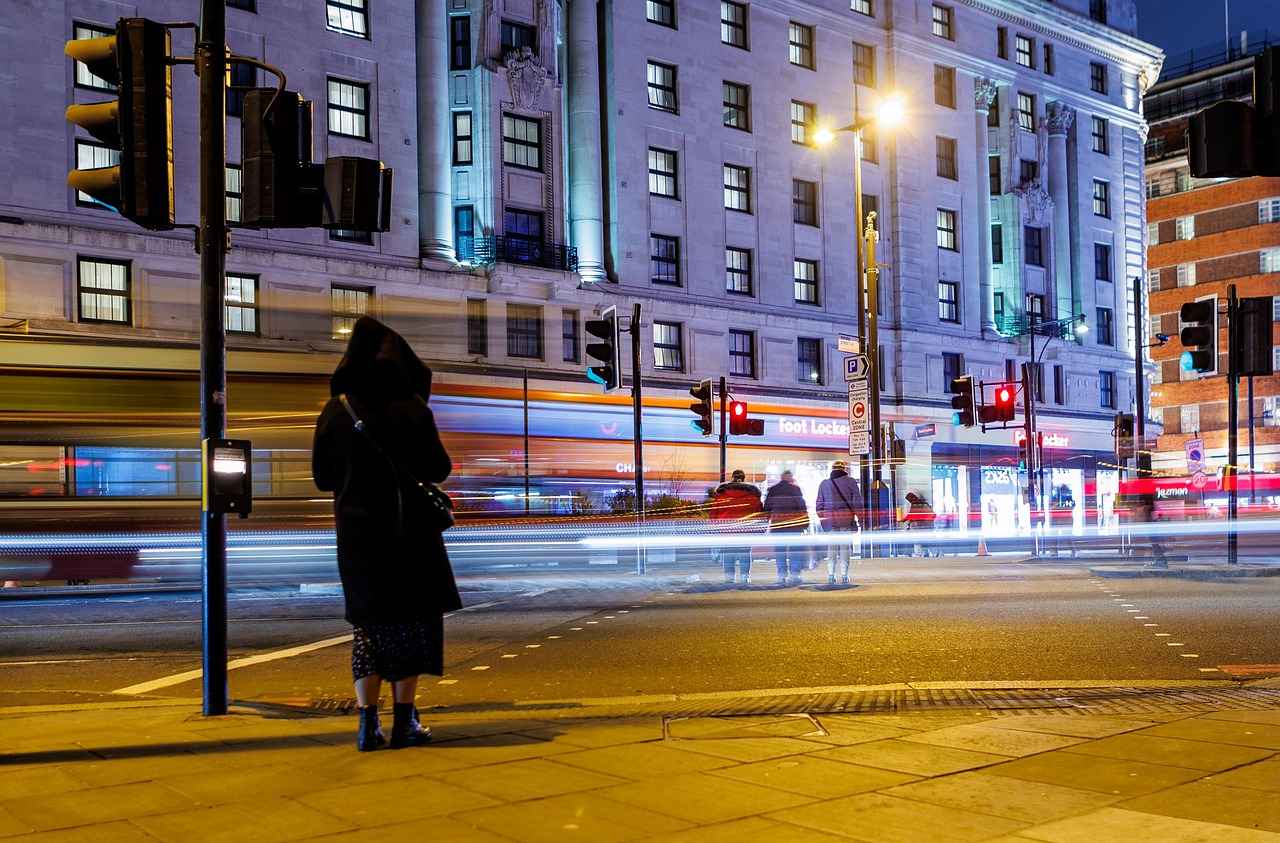
Urban Development and Smart City Initiatives
In recent years, urban development has become a focal point for governments worldwide, including West Bengal. The emphasis is on creating smart cities that are not only equipped with modern amenities but also prioritize sustainability and efficiency. These initiatives are essential in addressing the challenges posed by rapidly growing urban populations.
What are Smart Cities?
Smart cities leverage technology and data to enhance the quality of urban life. They integrate advanced systems for managing resources, improving public services, and fostering community engagement. This holistic approach ensures that cities are not just places to live but thriving ecosystems that support residents’ needs.
Key Features of Smart City Initiatives
- Modern Amenities: Smart cities are designed with cutting-edge infrastructure, including high-speed internet, smart lighting, and efficient public transport systems.
- Sustainable Practices: These cities focus on green building techniques, renewable energy sources, and waste reduction strategies to minimize environmental impact.
- Efficient Public Services: By utilizing data analytics and IoT (Internet of Things) technologies, cities can optimize services such as waste management, traffic control, and emergency response.
Benefits of Urban Development Plans
Urban development plans that focus on smart city initiatives offer numerous advantages:
- Enhanced Quality of Life: Improved infrastructure and services lead to a better living environment for residents.
- Economic Growth: Smart cities attract businesses and investments, fostering job creation and economic opportunities.
- Community Engagement: Technology facilitates greater participation from residents in decision-making processes, promoting a sense of ownership and community spirit.
Conclusion
The West Bengal government’s commitment to developing smart cities reflects a progressive vision for urban living. By focusing on modern amenities, sustainable practices, and efficient public services, these initiatives aim to create vibrant, resilient communities that can adapt to the challenges of the future.
Smart City Projects
are transforming urban landscapes by harnessing the power of technology to create efficient, sustainable, and livable environments. These initiatives focus on integrating advanced technologies into various aspects of city management and public services, ultimately improving the quality of life for residents.
One of the primary goals of smart city projects is to enhance waste management. By utilizing smart bins equipped with sensors, cities can monitor waste levels in real-time, optimizing collection routes and schedules. This not only reduces operational costs but also minimizes the environmental impact of waste disposal.
Traffic control is another critical area where smart technology is making a significant impact. Through the implementation of intelligent traffic management systems, cities can analyze traffic patterns and adjust signal timings dynamically. This leads to smoother traffic flow, reduced congestion, and lower emissions, contributing to a cleaner urban environment.
Moreover, smart city initiatives focus on enhancing public safety. Surveillance systems integrated with artificial intelligence can detect unusual activities, providing real-time alerts to law enforcement. This proactive approach to safety helps in crime prevention and ensures a quicker response to emergencies.
| Smart City Initiative | Description | Benefits |
|---|---|---|
| Waste Management | Smart bins with sensors for real-time waste monitoring | Cost reduction, environmental sustainability |
| Traffic Control | Intelligent traffic management systems | Smoother traffic flow, reduced congestion |
| Public Safety | AI-integrated surveillance systems | Improved crime prevention and emergency response |
In conclusion, the implementation of is essential for modern urban development. By integrating technology into waste management, traffic control, and public safety, cities can create more efficient and sustainable environments for their residents. As these initiatives continue to evolve, they hold the promise of significantly improving urban living standards and fostering a brighter future.
Housing and Real Estate Development
In recent years, the need for affordable housing has become increasingly critical, particularly in urban areas where rapid population growth has led to the expansion of slum regions. The West Bengal government is taking proactive steps to address this challenge by launching a series of affordable housing projects. These initiatives not only aim to provide better living conditions but also focus on the broader goal of promoting inclusive growth across the state.
One of the primary objectives of these housing projects is to reduce urban slum areas. By constructing affordable homes, the government is working to ensure that low-income families have access to safe and decent living environments. This approach is expected to significantly improve the quality of life for many residents, providing them with the stability and security that comes with proper housing.
The affordable housing initiatives are designed to be sustainable and environmentally friendly. Incorporating green building practices, these projects aim to minimize environmental impact while providing essential amenities. Features such as energy-efficient designs, rainwater harvesting systems, and waste management solutions are integral to these developments.
| Project Name | Location | Number of Units | Completion Date |
|---|---|---|---|
| Green Haven | Kolkata | 500 | 2025 |
| Sunrise Apartments | Howrah | 300 | 2024 |
Moreover, these housing projects are coupled with infrastructure improvements in surrounding areas, such as enhanced transportation links and access to public services. This holistic approach ensures that residents not only have a roof over their heads but also the necessary resources to thrive.
In conclusion, the West Bengal government’s commitment to launching affordable housing projects is a significant step towards creating a more equitable society. By addressing the pressing need for housing and improving living conditions, these initiatives are set to foster a sense of community and promote overall development in urban areas.
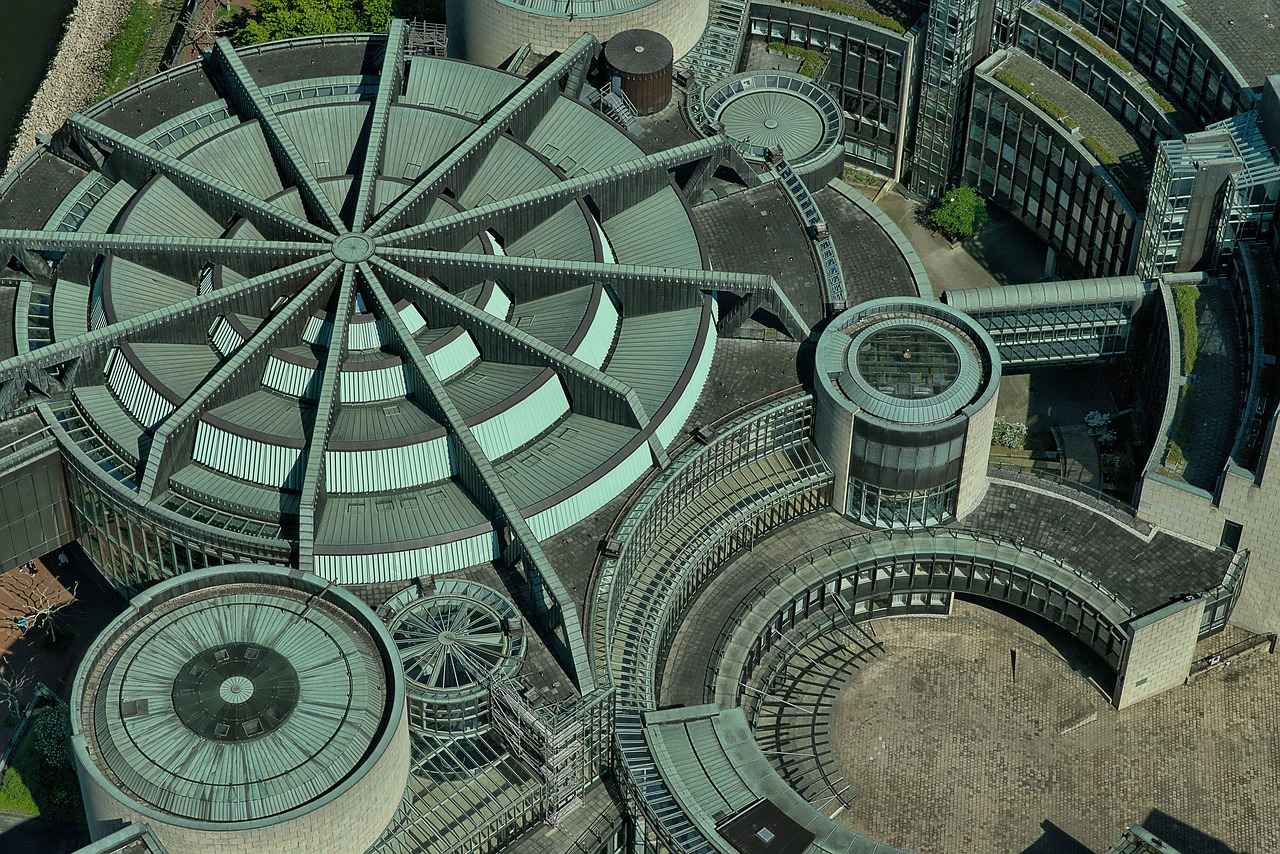
Public Services and Utilities Improvement
In the quest for sustainable development, the enhancement of public services in West Bengal has emerged as a top priority for the government in 2024. This initiative is pivotal in elevating the living standards of residents across the state. The focus on essential services such as water supply, sanitation, and waste management is aimed at addressing the pressing needs of the population while promoting public health and environmental sustainability.
Importance of Clean Water Supply
Access to clean drinking water is a fundamental human right. The West Bengal government has launched various projects to enhance the water supply infrastructure, ensuring that all citizens have reliable access to safe water. This includes:
- Upgrading existing pipelines to prevent leaks and contamination.
- Implementing modern water treatment facilities to purify water sources.
- Establishing community water supply systems in rural areas.
Sanitation Initiatives for Healthier Communities
Improving sanitation is crucial for preventing disease and promoting public health. The initiatives undertaken include:
- Construction of new public toilets in urban and rural areas.
- Awareness campaigns on hygiene practices.
- Regular maintenance of sewage systems to prevent blockages and overflows.
Innovative Waste Management Solutions
Effective waste management is essential for maintaining a clean environment. The government is adopting innovative solutions such as:
- Implementing segregation of waste at the source to promote recycling.
- Introducing composting programs for organic waste.
- Establishing waste-to-energy plants to reduce landfill dependency.
By prioritizing these areas, the West Bengal government is not only enhancing public services but also fostering a healthier and more sustainable living environment. The comprehensive approach to improving public utilities reflects a commitment to the well-being of its citizens and the overall progress of the state.
Conclusion
As West Bengal moves forward, the continued investment in public services will play a critical role in shaping a prosperous future for its residents. The emphasis on water supply, sanitation, and waste management will undoubtedly lead to improved living standards and a healthier population.
Water Supply and Sanitation Projects
play a crucial role in public health and the overall quality of life in any region. In West Bengal, the government recognizes the importance of these projects and is committed to ensuring that every citizen has access to clean drinking water and adequate sanitation facilities.
The West Bengal government has initiated several key projects aimed at enhancing water supply systems and sanitation facilities across the state. These projects are not only vital for health but also for economic development and social equity.
- Investment in Infrastructure: Significant funds are being allocated to upgrade existing water supply systems and build new ones. This includes the installation of pipelines, water treatment plants, and storage facilities.
- Sanitation Facilities: The government is focusing on constructing modern sanitation facilities, including public toilets and sewage treatment plants, to improve hygiene and reduce health risks.
- Community Engagement: Initiatives are being undertaken to involve local communities in the management and maintenance of water and sanitation facilities, ensuring sustainability and accountability.
Moreover, the government is implementing advanced technologies to monitor water quality and usage effectively. These measures aim to prevent contamination and ensure that the water supplied is safe for consumption.
In addition to infrastructure improvements, educational campaigns are being launched to raise awareness about the importance of clean water and sanitation. These campaigns encourage communities to practice good hygiene and make informed choices regarding water usage.
In conclusion, the West Bengal government’s commitment to enhancing water supply and sanitation projects is a significant step toward achieving universal access to clean water and hygiene. By investing in these essential services, the government aims to improve public health outcomes, foster economic growth, and promote a higher quality of life for all citizens.
Waste Management Solutions
have become a critical focus for governments worldwide, and the West Bengal government is no exception. In 2024, the state is actively implementing modern strategies to tackle the growing waste crisis, promoting sustainability and environmental health.
The primary objective of these initiatives is to reduce landfill usage significantly. Landfills not only occupy valuable land but also contribute to pollution and greenhouse gas emissions. By prioritizing recycling and waste segregation at the source, the government aims to divert waste from landfills, thereby fostering a cleaner environment.
One of the key components of the waste management strategy is the introduction of advanced recycling technologies. These technologies facilitate the efficient processing of recyclable materials, transforming waste into reusable resources. This not only conserves natural resources but also reduces energy consumption associated with producing new materials.
Furthermore, the government is focusing on community engagement to promote awareness about waste management practices. Educational campaigns are being launched to inform citizens about the importance of recycling, composting, and responsible waste disposal. By encouraging public participation, the government hopes to create a culture of sustainability within communities.
Another innovative approach is the implementation of smart waste management systems. These systems utilize technology to monitor waste levels in bins, optimizing collection routes and schedules. This not only enhances operational efficiency but also minimizes the carbon footprint associated with waste collection vehicles.
In conclusion, the West Bengal government’s commitment to modern waste management solutions is a significant step towards achieving a sustainable future. By promoting recycling, reducing landfill usage, and fostering community involvement, the state is paving the way for a cleaner, healthier environment for all its residents.
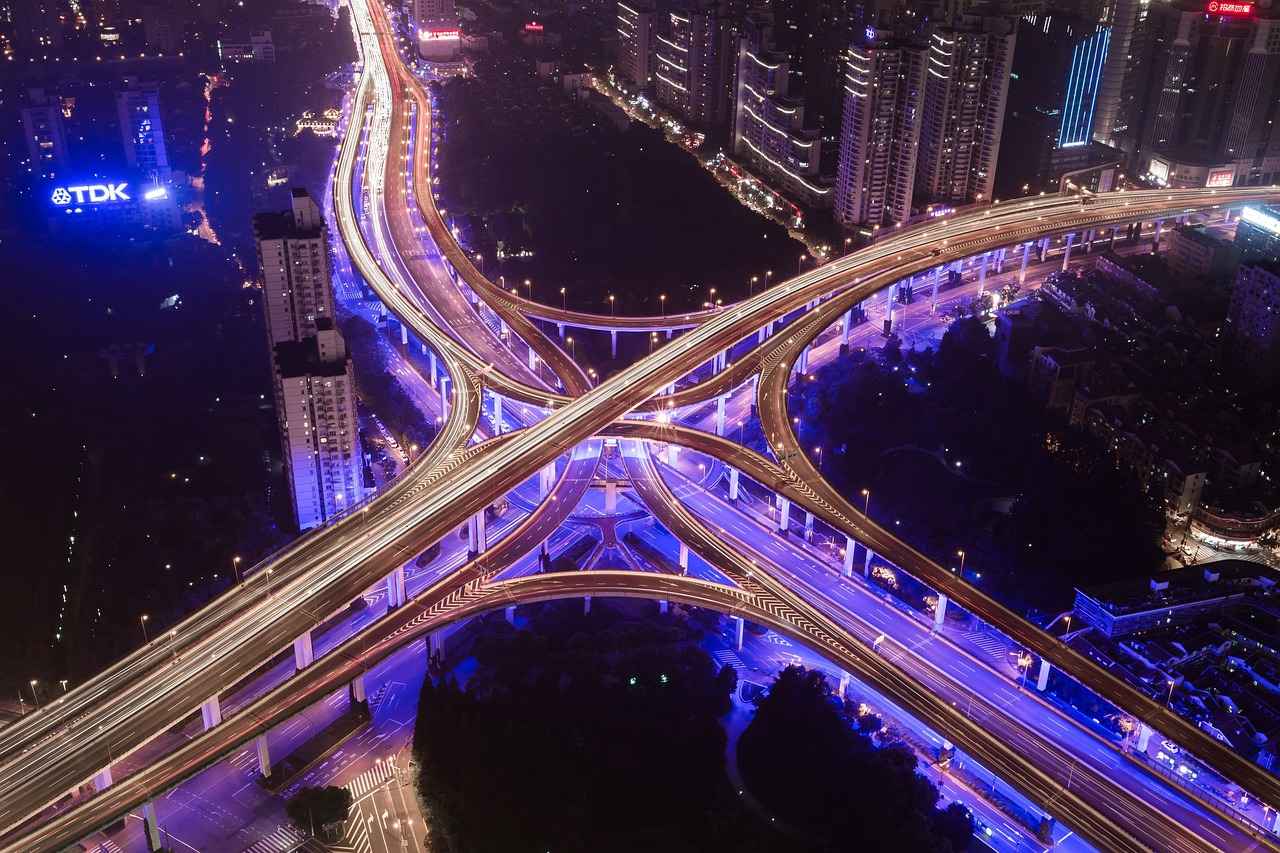
Conclusion: The Future of Infrastructure in West Bengal
How the West Bengal Government is Improving Infrastructure in 2024
This article delves into the various initiatives and projects undertaken by the West Bengal government to enhance infrastructure in 2024, with a focus on transportation, urban development, and public services.
Introduction to West Bengal’s Infrastructure Initiatives
In 2024, the West Bengal government has made a significant commitment to improving infrastructure. This endeavor aims to catalyze economic growth, enhance connectivity, and uplift the overall quality of life for residents. By prioritizing infrastructure, the government is laying the groundwork for a sustainable future.
Key Transportation Projects in 2024
To facilitate better movement across the state, the government is investing heavily in various transportation projects. This includes:
- Road Expansions
- New Bridges
- Upgraded Railway Systems
Road Development Initiatives
Major road projects are underway, aimed at connecting remote areas to urban centers. This will not only improve accessibility but also reduce travel times for commuters and goods.
Urban Development and Smart City Initiatives
The government is focusing on creating smart cities equipped with modern amenities. These initiatives include:
- Technology Integration for enhanced urban planning
- Affordable Housing Projects to improve living conditions
Public Services and Utilities Improvement
Enhancing public services like water supply and sanitation is crucial for improving living standards. The government is investing in:
- Water Supply Systems to ensure clean drinking water
- Modern Waste Management Solutions to promote environmental sustainability
The West Bengal government’s ongoing commitment to infrastructure improvement in 2024 is setting a strong foundation for sustainable development, economic growth, and an enhanced quality of life for its residents. By focusing on transportation, urban development, and public services, the government is ensuring a brighter future for all.
Frequently Asked Questions
- What are the key transportation projects being undertaken in West Bengal in 2024?
The West Bengal government is focusing on major transportation projects, including road expansions, new bridges, and upgraded railway systems. These initiatives aim to improve connectivity and facilitate better movement across the state.
- How is the government addressing urban development?
Urban development plans include the creation of smart cities that integrate technology into urban planning. This encompasses improvements in waste management, traffic control, and public safety, all aimed at enhancing the quality of life for residents.
- What improvements are being made in public services?
The government is investing in water supply systems, sanitation facilities, and waste management solutions. These efforts are crucial for ensuring clean drinking water, proper hygiene, and a cleaner environment for all citizens in West Bengal.
- Are there any affordable housing projects in West Bengal?
Yes! The government has launched several affordable housing projects aimed at providing better living conditions and reducing urban slum areas, promoting inclusive growth in the region.
- How will these infrastructure improvements impact economic growth?
By enhancing transportation, urban development, and public services, these infrastructure improvements are expected to boost economic growth by facilitating trade, attracting investments, and improving the overall quality of life for residents.



